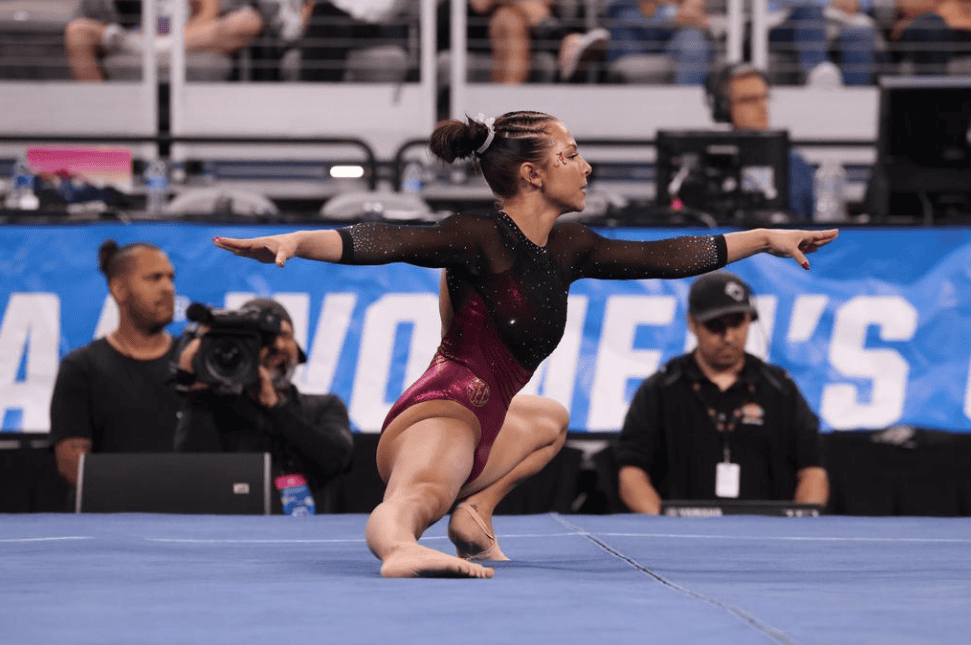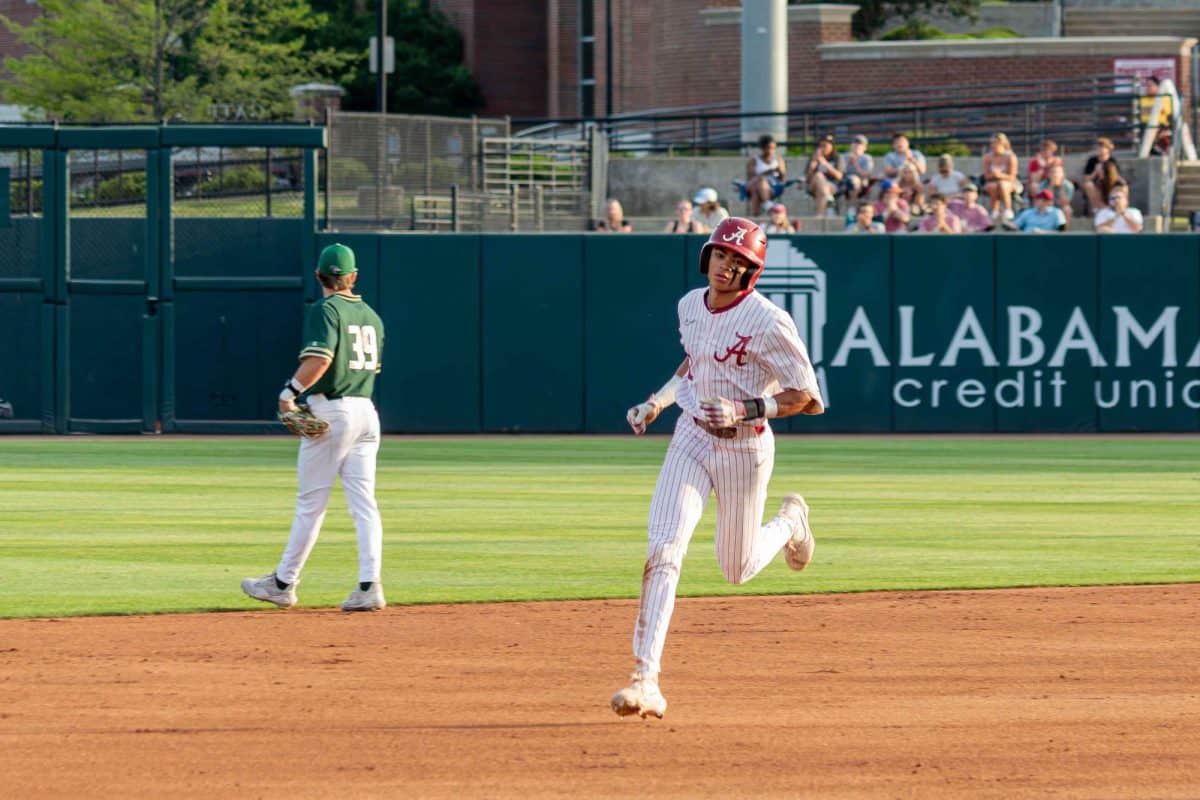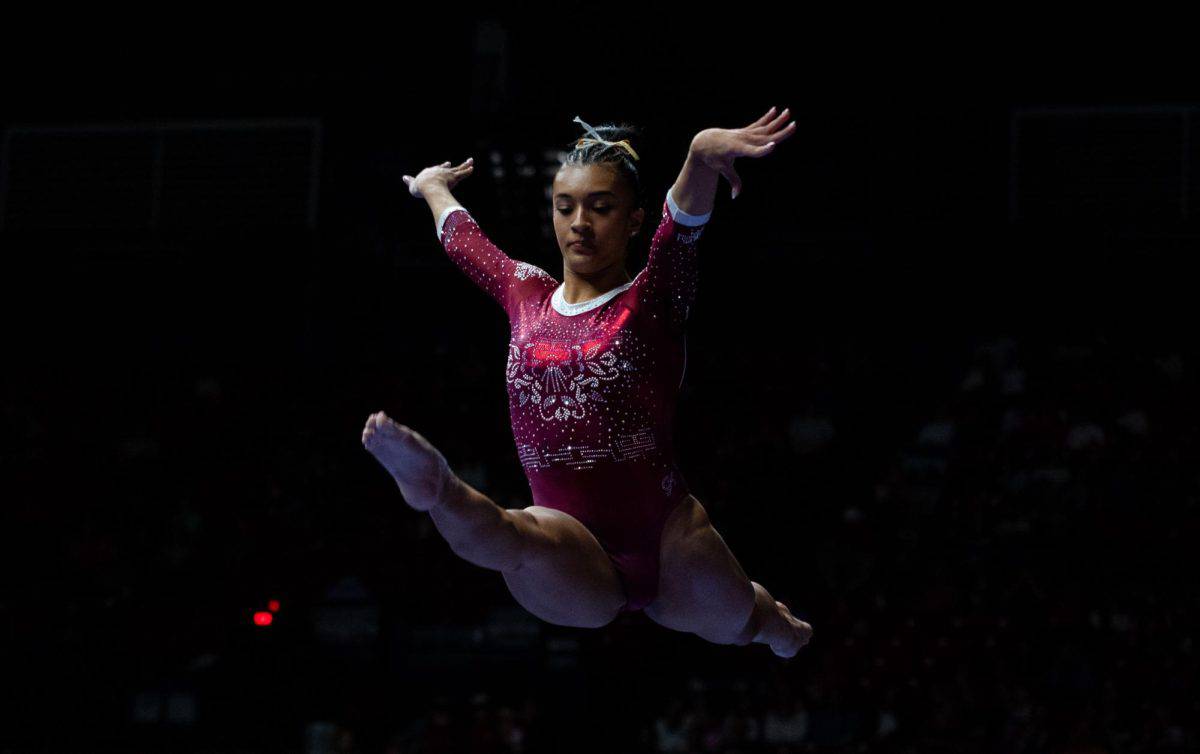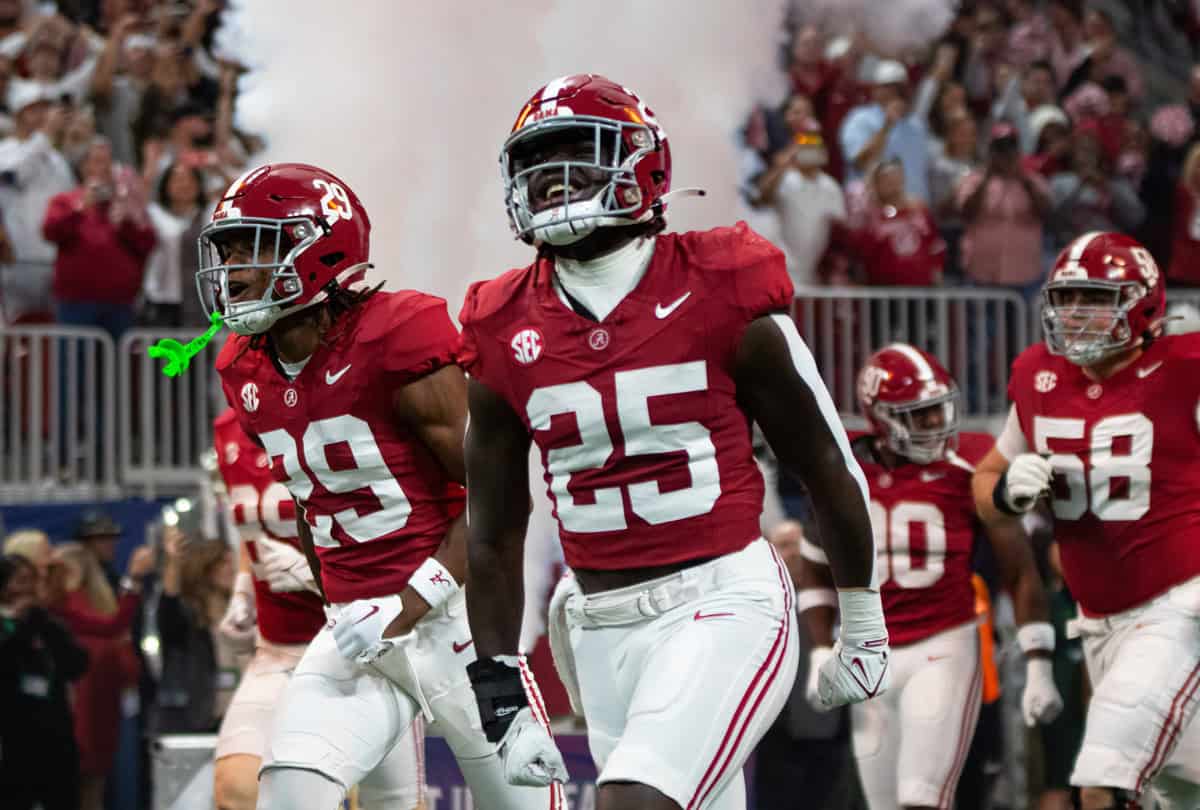Since the recent National Labor Relations Board ruling that Northwestern University’s football players are technically employees of the university and thus can form a union, people are questioning the future of both the NCAA and the familiar term “student-athlete.”
On the surface, the NLRB’s decision seems like a sound one. The statistics are widely known. The NCAA and member schools make huge profits on the backs of football and basketball athletes who receive limited compensation. As every college student knows, the cost to attend college is considerably more than the published figure in college-visit pamphlets.
While the NCAA punished these players for trying to make money, it collected $913 million in revenue in 2013, mostly from basketball and football.
In theory, unionization would level the playing field by giving the athletes whose talents earned the money a fair portion of that money. Unions can be a positive institution in industry; they protect workers from abuses by their employer. However, when the “industry” in question is college sports, the conditions are vastly different. Make no mistake – the proliferation of unions in college sports will end intercollegiate athletics as we know it, and the change will not be good.
First, the primary draw of college sports is the institution of amateurism. Student-athletes compete for their schools purely for the competition and the opportunity to better themselves with an education. Ending amateurism contradicts the point of college sports; college essentially becomes lower divisions of the pro leagues. The ending of amateurism will precede a decrease in school spirit and enthusiasm, which we benefit from first-hand here at SEC powerhouse Alabama.
Secondly, and most important to me personally, the unionization of college teams would likely end many non-revenue sports. Unionizing would force athletic departments to run on a break-even basis. That means we could say goodbye to our national championship-winning softball, gymnastics, golf teams and up to 11 other sports, which cost the university money to maintain. Without the profit generated from football and basketball, even wealthy athletic departments such as Alabama’s would be forced to close the door on a number of programs and prospective student-athletes.
These sports, despite not bringing revenue to the university directly, provide numerous benefits. Colleges are fertile training grounds for future Olympic athletes and these sports enrich universities – and the country – by bringing in student-athletes from all over the world. Athletes in these sports compete with just as much passion as revenue-sport athletes for themselves, their teammates and their school.
When schools begin to treat their athletes as “employees,” it presents numerous other problems. Money will be tighter. To maintain facilities that attract top recruits, schools will have to use money that could have been used for academic purposes. Smaller schools that can’t pay as much as large schools will have to drop out of the top division. Since athletes are “employees,” would they have to pay taxes to the state and federal governments on their scholarships?
The NCAA needs to relax some of its stringent rules on athlete compensation. Schools should be free to provide the real cost of attending a university to their athletes, which is more than a full scholarship. University presidents that recently voted “no” on a proposed $2,000 yearly stipend should reconsider. The NCAA, with its considerable financial strength (over $900 million in revenue), should help poorer member institutions pay this stipend. Finding the answer may be difficult, but the answer is not to allow players to forgo their amateurism and unionize. This would be a disaster and would end the traditional American college experience as we know it.
Kyle Simpson is a freshman majoring in biology. He is a member of the men’s varsity swimming and diving team.






